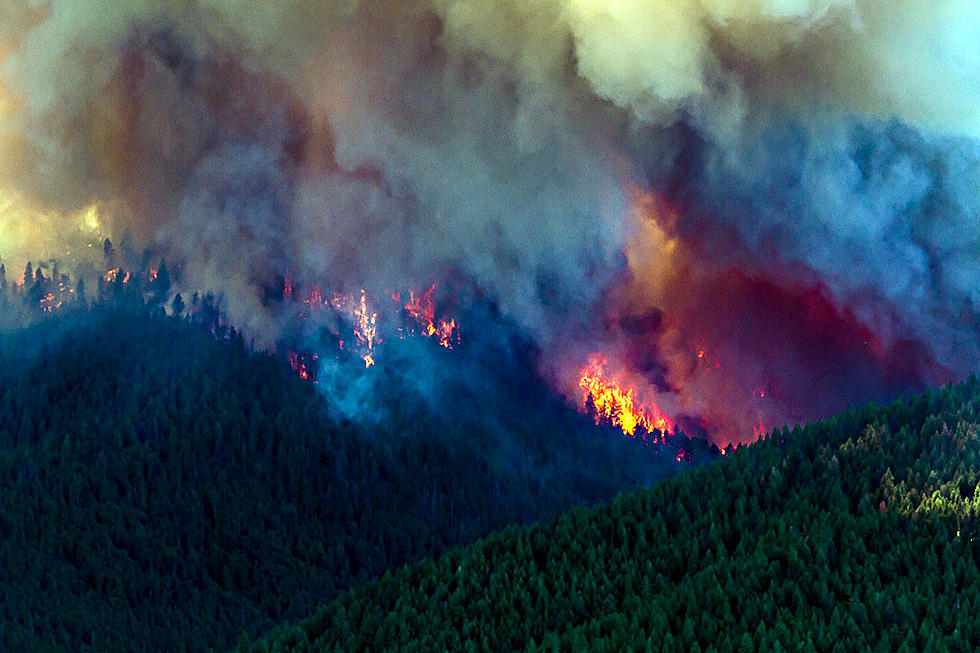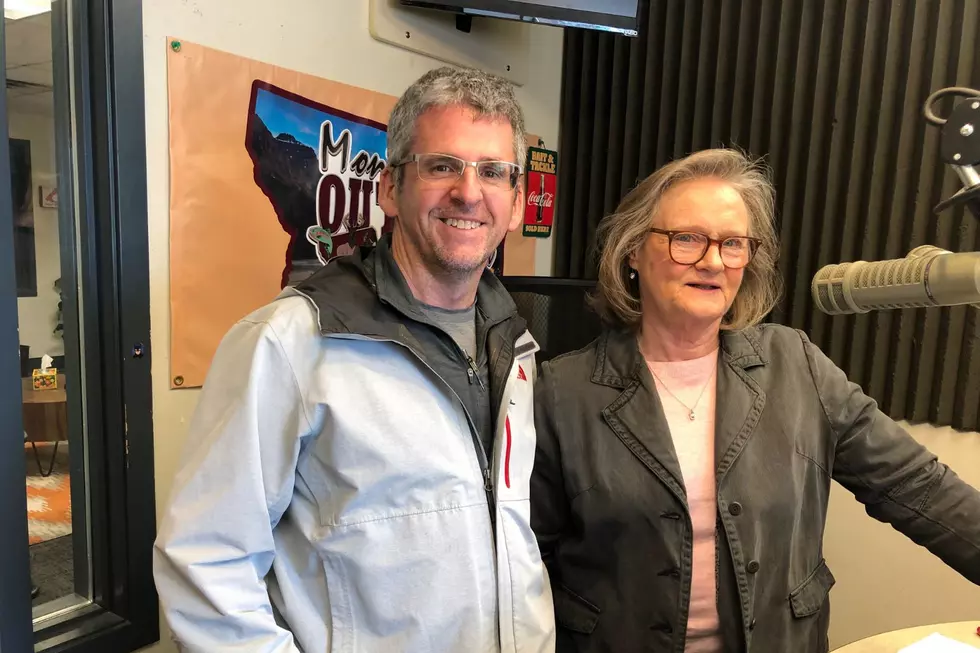
Dr. Kolb Says Logging Could Have Prevented Roaring Lion Fire
Missoula, MT (KGVO-AM News) - Dr. Peter Kolb with MSU Extension and the University of Montana School of Forestry was in the KGVO Studios on Tuesday with Sandy Perrin from Missoula County Extension when a question came up about litigation that halted forest thinning to help stop wildfires.
Dr. Kolb remembered the devastating Roaring Lion Fire that raced across the eastern fringe of the Bitterroot National Forest near Hamilton destroying 16 homes and numerous outbuildings.
“I just took an ecology class down to the Roaring Lion Fire site near Hamilton yesterday, if you recall, and that burned in 2016 just behind Hamilton on the mountainside there,” began Dr., Kolb. “Basically, it was a campfire that went out of control that shouldn't have been burning at that time. It was a hot, dry summer with some kids who didn't know better. Within eight hours, it blew up, crossed the whole mountainside, and burned up some homes.”

Dr. Kolb said that very area was scheduled to be thinned by the U.S. Forest Service, however, a lawsuit halted the operation.
“The Forest Service had proposed to thin the backside of that mountain that adjoined up to the private property up on that site, and it got appealed, appealed and appealed and eventually shut down and so it hadn't gotten thinned. It was dense timber, and that fire just roared across that landscape. And, you know if there's poetic justice, the main people who were appealing it, their houses burned up because they didn't want to see any forest action around their home and they were right up against Forest Service land.”
Kolb pointed out that many private landowners in the area had already thinned the growth on their property and the Roaring Lion Fire did not destroy their homes.
“Many of the forest landowners had thinned their forests down there and reduced the fuels. Just to remind you, if you want to see how that fire behaved just Google Roaring Lion Fire, Montana, because there was an osprey camera set up on an osprey nest and it caught the whole thing. It's an amazing video to watch because it was just a fire tornado that moved across that mountainside.”
One important aspect of the conversation emerged as Dr. Kolb spoke of the importance of a healthy timber industry that could have helped to prevent that devastating wildfire.
“When that fire ran into that urban interface where the landowners had done their thinning and fuel reduction, it dropped to the ground,” he said. “For many of those folks, their homes were intact, those that had done the work, their houses did not burn, and there was nobody up there fighting that fire because it was too dangerous. The only way you can successfully do these fuel treatments is if you have a wood products industry that can remove that material and utilize it at cost. We have to get these projects going and underway, and we have to stop this perpetual litigation by those few individuals that just think harvesting trees is a bad thing.”
Dr. Kolb and Sandy Perrin appear on the KGVO Talk Back Show to answer questions from listeners.
Montana's Top 10 Record-Setting Wild Weather Events
More From Newstalk KGVO 1290 AM & 98.3 FM









